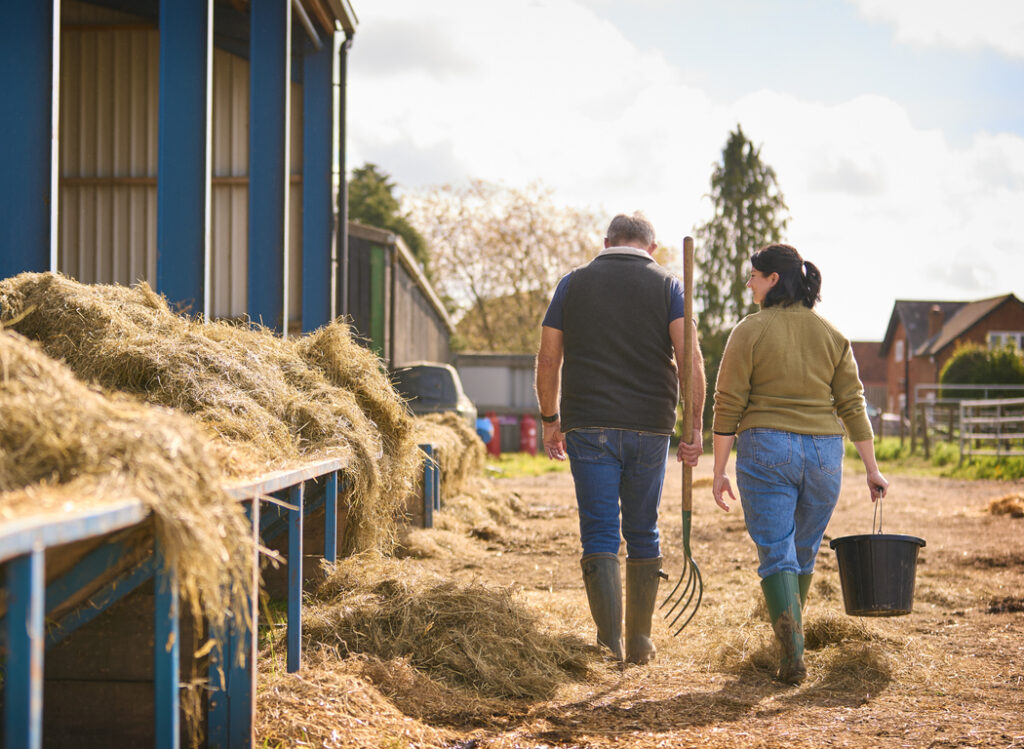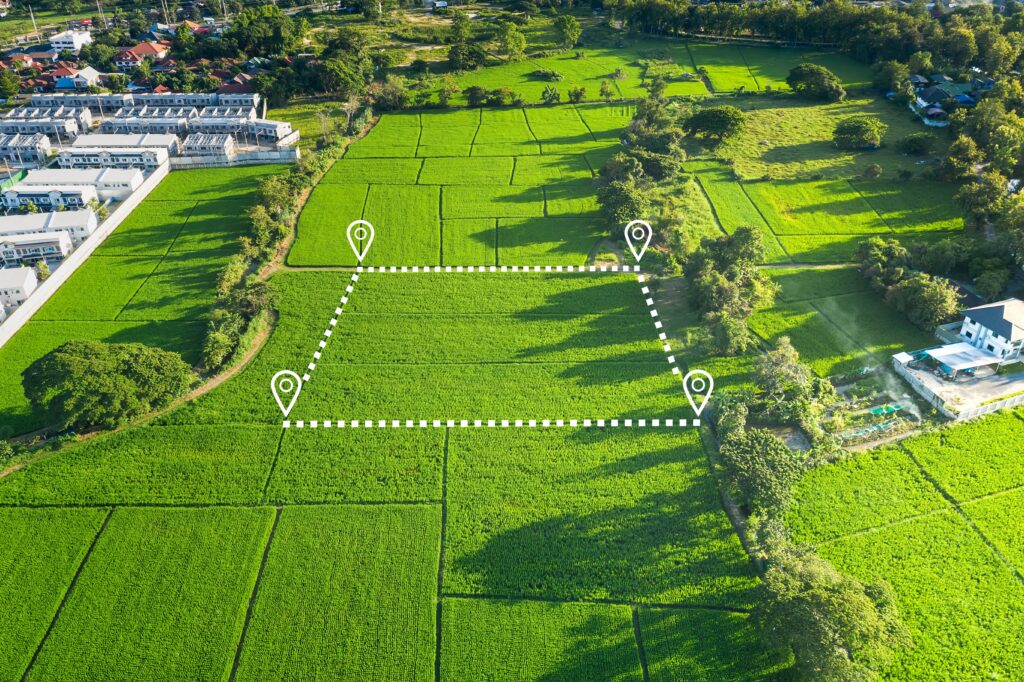The agricultural partnership is a common and often effective legal business structure that can be used by families to run their farm.
Despite being popular in farming communities they can cause confusion, especially when life muddles the situation. With the changes to agricultural and business property reliefs, and inheritance tax, farm partnerships are being considered more than ever. In this article we look at what people should consider when joining or creating a farm partnership.
The importance of a clear partnership agreement
Agricultural partnerships, just like any partnership, carry both successes and liabilities and anyone considering entering into one must keep this in mind.
Partnerships require ‘utmost good faith’ from the partners.
One of the most serious problems, which is often not dealt with fully, concerns ownership of farm assets – and the farm freehold in particular. And furthermore, what is expected in relation to any debt secured on that partnership asset. This is a technical area, but of great significance in practice if a partner needs paying out for his or her share or possibly even paying the continuing partners in order to leave the partnership in the event of unpaid loans. This can happen on the death or retirement of a partner, or on the divorce of a partner.
An important first consideration is whether the farm is a partnership asset or held outside the partnership, and any partnership agreement should clearly state the position. There are tax implications on this decision and appropriate professional advice is crucial at this stage.
Secondly, it should say which partners have a share in the farm, and how any gain in value should be allocated between them. Farms have increased in value hugely over the last 20 years and several cases have come to court because there was no clarity about this issue.
Although these things seem simple, they are often neglected or carried out in haste which is where misunderstandings or in the worst cases disputes can arise.
Using partnership agreements to support the family
For many generations, farming families have used partnerships as a way to bring the younger generation into the business. Bringing younger family members into the partnership can aid development and provide next generation farmers with life experience, income, and a stake in the family business.
The key point here is to get clarity on partnership rights, including ownership of assets while there are no significant family tensions. Once a dispute has started, it is too late.
Hopefully there never will be a ‘bust-up’, but if there is, a well-drafted partnership agreement will save much stress and money. Furthermore, it is helpful for a family to agree what their rights and duties are, so that there are no surprises down the line. If a partner leaves the partnership in happy circumstances, there should be little reason for dispute about what they are entitled to from the partnership.
Some partnership agreements require pre-nuptial agreements from newly married partners to protect the farm assets should a divorce take place.
It is also common to stipulate what happens when a party is no longer of sound body or mind, so putting in place a power of attorney and will, and updating them as needed, is also something that should be strongly considered. It is crucial to ensure that your will compliments your partnership agreement. For instance, if the farm is declared a partnership asset, any personal gifts of the farm to individuals would potentially fail as the farm itself would be owned by the farm and not personally. This is a common problem.
Ensure your accountant and solicitor sing from the same hymn sheet
It is essential that your partnership agreement ‘agrees’ with your farm accounts. This is where many arrangements fall down, and court cases follow. However, the remedy to this is simple – ensure your solicitor communicates with your accountant so that you end up in a joined-up and consistent position.
What happens if there is no partnership agreement?
If you are running a business through a partnership. the consequences of not having a partnership agreement cannot be underestimated. If there is no agreement in place, the fallback position is the provisions of the Partnership Act 1890.
There are two implications in particular that people should be aware of. Firstly, if a partner dies or leaves the partnership, the partnership automatically dissolves and no longer continues. This can have major consequences for the continuation of the business and any bank dealings.
Secondly, upon dissolution of the partnership, following the payment out of any partner’s current or capital accounts set out in the accounts, the balance of assets are deemed to be held in accordance with the partners profit share ratio, regardless of who might be stated on the title to any freehold property, or if a senior partner thought that a junior partner wouldn’t hold any freehold assets. A well drafted partnership agreement would deal with this issue head on.
We’re here to help
It can be easy to get carried away running the farm business without considering the ‘what if’ moments, or indeed whether the partnership structure is the right one for your business. Now, more than ever, it’s important to consider the right structure for your business that not only can be the best tax position to enable succession planning to be affordable, but also ensuring that the business’ best interests are in mind and at the heart of all decisions.
Whatever that may be, our team of agriculture law specialists will help you create a clear agreement between all the parties, covering all eventualities, that will bring security to the future of your farming enterprise.








